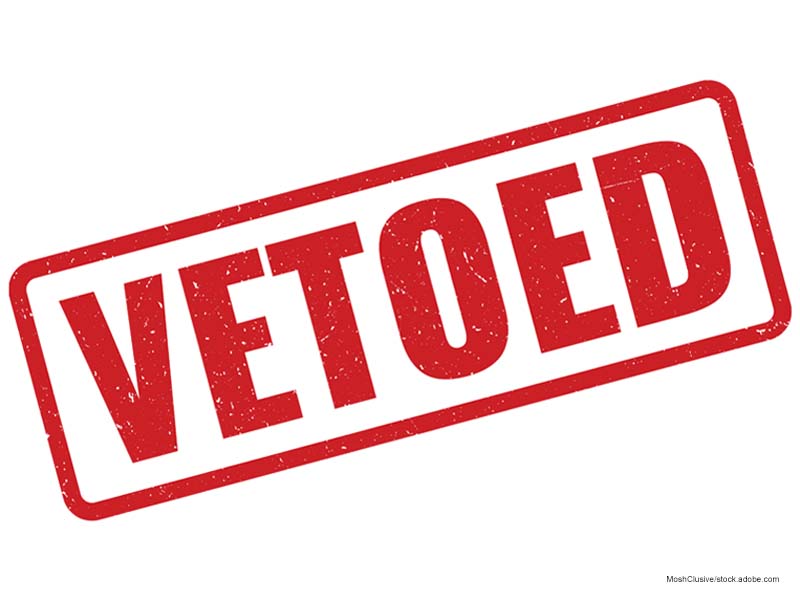A California bill described to protect employee truck drivers will not become law.
State lawmakers approved legislation that would require trucking companies and truck drivers to provide information to the Port of Long Beach and the Port of Los Angeles.
Sen. Laura Richardson, D-San Pedro, described her legislation as a critical step to ensure the state’s trucking industry operates in a “fair, legal and transparent manner.”
Gov. Gavin Newsom was not convinced. He vetoed the bill.
Senate Bill 703
The bill, SB703, mandated ports to provide information collected from trucking companies and truck drivers to the California Labor Commission.
Trucking operations would have been responsible for providing information on employee truck drivers.
That information would have included an insurance policy for worker’s compensation that covers all employee truck drivers. The number of employee truck drivers covered by the insurance policy would also have been submitted.
Companies would have been required to provide information to the state on an annual basis.
Trucking companies would have been mandated to update the port within 30 days of a change to their operation that resulted in more than 50% of their employees being replaced by independent truck drivers.
The bill included a possible $5,000 fine for failure to comply. False or misleading information submitted to the state could have resulted in a $20,000 fine.
Non-employee truck drivers would have been required to provide to a port on an annual basis certain information. That information would have included proof of insurance, motor carrier number, federal Department of Transportation number, California motor carrier permit and DOT registration.
The ports of Los Angeles and Long Beach would have been required to disclose information provided by a trucking company on its website.
Ports would also have provided quarterly information to the Labor Commission. The information would have included each truck that entered the port during the prior month, as well as the name of the port and gate used for entry, the date and time of entry, the name of the truck owner and the name insured on the insurance policy that covered the truck.
Support and opposition
Richardson said change is needed to address a system that exploits truck drivers. She said the system exploits drivers by misclassifying them as independent contractors.
“This illegal practice robs them of basic workplace protections and puts the burden of operating costs on their shoulders, all while companies profit,” Richardson explained in a bill analysis.
She added that by requiring the collection of key information about trucking company operations, “we can identify bad actors, ensure labor laws are upheld and protect compliant businesses that are being undercut by those breaking the rules.”
The Western States Trucking Association opposed the legislation.
“Instead of creating further obstacles to cost-effective goods movement, the Legislature should focus its efforts on crafting a workable trucking carveout to the ABC test, which actually facilitates the use of legitimate owner-operators instead of abolishing them,” the group wrote.
Governor’s veto message
The governor said the bill is problematic for affected ports.
“I appreciate the author’s concern about the misclassification of truckers operating at the Port of Los Angeles and the Port of Long Beach. However, this bill would significantly disrupt port operations by requiring these ports to collect and retain information on thousands of trucks each day,” Newsom wrote.
“Given the variety of information required to be collected, this process will be challenging to automate or streamline,” he continued. “For these reasons, I cannot sign this bill.”
The issue could be brought back up for consideration during the 2026 regular session. LL
More Land Line coverage of California news is available.

